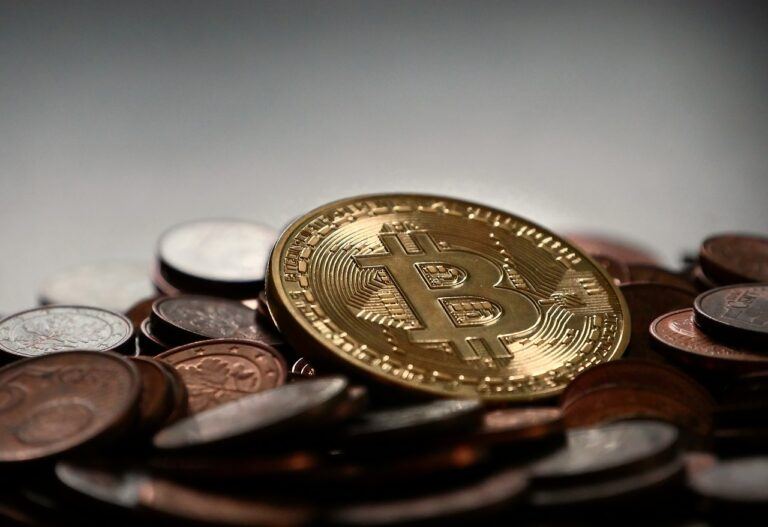The Hangzhou Internet Court, in China, has recently ruled bitcoin is seen as virtual property in the country, and as such is legally protected.
The ruling came in a case in which the plaintiff, Mr. Wu, sued the Shanghai Technology Company, which allegedly operated the FXBTC cryptocurrency exchange on Taobao, a leading Chinese online marketplace, and sold bitcoin back in 2013.
Wu reportedly bought 2.675 BTC for 20,000 yuan, about $2,900, back in 2013 from the exchange. In 2017, during the cryptocurrency market’s bull run that saw bitcoin hit a near $20,000 all-time high, the buyer wanted to access the funds, but found out FXBTC closed and could no longer get to the BTC.
According to Beijing News, the plaintiff claims the Shanghai Technology Company didn’t warn it was closing the platform nor gave him a chance to access the funds afterwards. The store likely shut down as between 2013 and 2017, the Chinese government made it illegal to trade cryptocurrencies, which in turn forced Taobao to stop vendors from selling cryptos on its platform.
While the plaintiff failed to prove Shanghai Tech was the vendor that sold him the bitcoin and lost the case, the court did determine bitcoin is legally protected virtual property.
“Bitcoin holds the attributes as property – valuable, scarce and disposable. We should recognize it as a virtual property.
According to “The General Civil Law”, virtual property is legally protected by laws of People’s Republic of China”
— Dovey Wan 🗝 🦖 (@DoveyWan) July 18, 2019
According to Dovey Wan, this was seen as a bullish signal in China and chatter on Weibo, a Chinese microblogging platform similar to Twitter, seemed to point to this as the reason behind bitcoin’s recent price surge.
According to CryptoCompare data, BTC rose 4.8% in the last 24-hour period, and is currently trading at $10,300. Earlier today, bitcoin jumped from a $9,400 low to as much as $10,500 before facing a small correction.
Notably, this isn’t the first time a Chinese court defends bitcoin. As CryptoGlobe covered late last year, an arbitration court ruled bitcoin should be protected as property by law, and clarified at the time Chinese law doesn’t forbid owning or transferring bitcoin. Earlier this year, a prominent Chinese lawyer argued owning and occasionally trading bitcoin is legal in the country.
On Twitter, Wan clarified that while holding bitcoin as private property is legal, trading the cryptocurrency “in a systematic way” isn’t.
to be clear here, holding Bitcoin as a private property is legal does not mean “trading Bitcoin in a systematic way” is legal, yet
So don’t equate this as crypto exchange is legal in China there is still long way to go
One step a time
— Dovey Wan 🗝 🦖 (@DoveyWan) July 18, 2019









